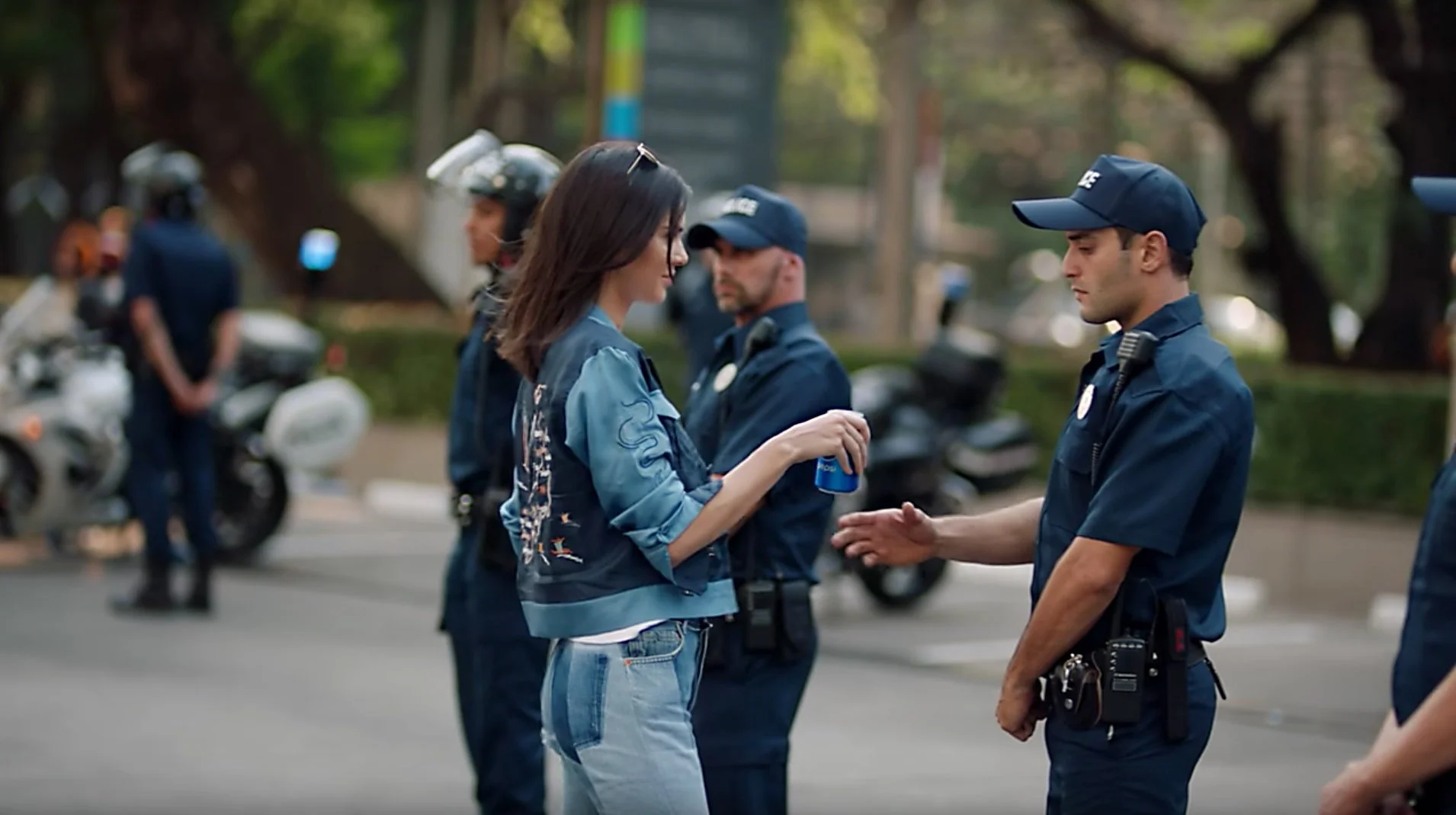Celebrity Sponsorships in Advertising
Image Courtesy: The New York Times
Celebrity sponsorships have become a common sight in advertising, with faces we always see on television suddenly appearing on our Instagram timeline or TikTok ads. Many celebrities have a loyal fanbase, and companies know this too. They’ve capitalized on this interest with the knowledge that we’ll follow like a moth drawn to a flame. Bringing in celebrities for their wow factor can attract a new demographic of viewers while encouraging the shares of their advertisements.
A great example of this is Timothee Chalamet’s adverts with Apple TV+. Chalamet has become a huge name in the movie industry and has amassed a loyal fanbase. Apple TV+ decided to utilize this and brought in Chalamet for a series of advertisements about their streaming platform, especially since it’s been slow to catch up to its competitors such as Netflix and Hulu. Many noticed the ads featuring him and paid more attention.
The ads featuring Chalamet got over 22 million views, thousands of shares, and generated a lot of commotion, which is exactly what they want. The attention attracted larger audiences to the streaming platform, and Chalamet got to show off his acting capabilities.
These celebrities are not limited to their jobs of being actors or athletes, though. There are several celebrities that use their platform to advocate for important issues. Using advertising can not only accomplish the company’s goal of bringing attention to their brand, but it also gives celebrities a platform to encourage conversation on societal issues, and Nike’s advertisements with Colin Kaepernick are a perfect example of this.
Kaepernick is a football player most famously known for his activism by kneeling during a pre-game national anthem in protest of racial injustice in the United States. It resulted in him being blacklisted from joining any other NFL team; he hasn’t played since 2017. Nike’s ads, which showed Kaepernick’s famous line, “Believe in something, even if it means sacrificing everything,” caused a lot of outrage, with many viral videos being spread of people burning their Nike products and calls demanding a boycott against Nike products. However, many also applauded Nike for not shying away from the controversy, and instead showing the company’s clear stance against racial injustice by supporting Kaepernick. Companies cannot always strive to make everyone happy, especially if it goes against their ideals. Creating conversation is needed, and Nike’s willingness to stand up for what’s right is an outstanding example of the kind of good impact celebrity sponsorships in advertising can bring.
However, some advertisements don’t hit the mark, and could be taken as offensive and actually hurt the brand’s image, as well as the featured celebrity. There have been cases where a celebrity’s name has been tarnished because of an ad they were involved in, citing that they didn’t do enough research or are representing a brand that is controversial. Pepsi’s ad with Kendall Jenner is an example of both Jenner lacking awareness, as well as Pepsi’s fault for lacking sensitivity in the creation of the script.
Pepsi holds the title for creating one of the most tone-deaf adverts in recent times. The Black Lives Matter movement was especially prominent in 2017, with the news being flooded with police brutality and protests. Pepsi released an ad that trivialized the horrors of these protests by having Kendall Jenner, a white woman, bring a police officer a can of Pepsi-Cola that seemingly ends the protest and causes the surrounding people to cheer and clap. It’s not only the complete opposite of the reality of these protests, but it completely minimizes the terror of these protests, ignores its causes, and disregards the people that have gotten hurt and even killed. Pepsi released a statement apologizing and pulled the advertisement down, but its insensitivity still holds prominence in people’s minds when they think of Pepsi.
Overall, the presence of celebrities can have both a positive and negative influence on an advertisement’s reach. They can be good when they bring in new consumers or encourage conversation, but the wrong idea can make the advertisement a complete bust. It’s important for the placement of the celebrity to make sense while also making sure the tone comes across clearly. Is the advert trying to poke fun, or is it one that wants to be taken seriously? Through partnerships with celebrities, companies can leverage the power of these endorsements to create impactful and successful advertising campaigns.
Kate An


